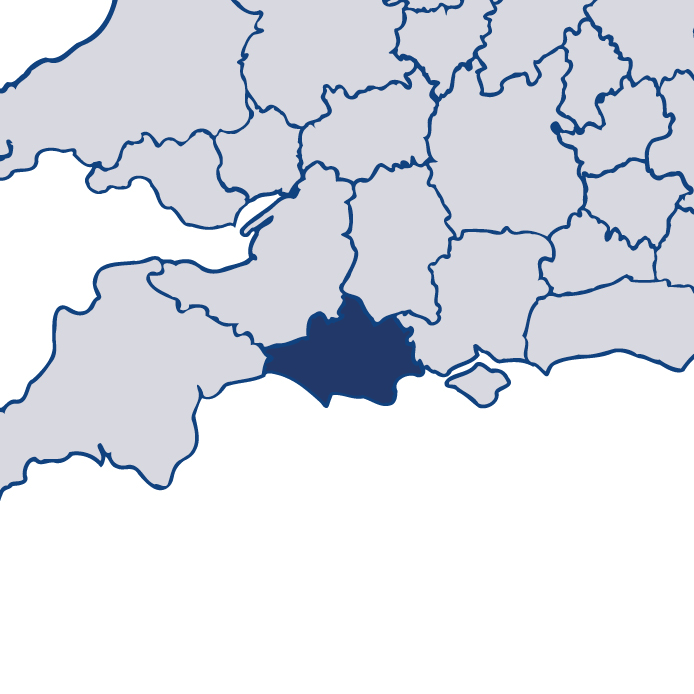Dorset 2018/19
Read more about DorsetThis is HMICFRS’s fifth PEEL (police effectiveness, efficiency and legitimacy) assessment of Dorset Police. PEEL is designed to give you information about how your local police force is performing in several important areas, in a way that is comparable both across England and Wales, and year on year.
Dorset Police was inspected in tranche two and we found:
the extent to which the force is effective at reducing crime and keeping people safe is good.
the extent to which the force operates efficiently and sustainably is good.
the extent to which the force treats the public and its workforce legitimately is good.
Download the full report
PEEL: Police effectiveness, efficiency and legitimacy 2018/19 – Dorset Police
HMI's observations
I am pleased with Dorset Police’s performance in keeping people safe and reducing crime.
The force understands its communities. It is good at preventing crime and anti-social behaviour. It investigates crime well and works well with partner organisations to identify and protect vulnerable people.
The force has a good understanding of current demands for its services. It is using this knowledge to develop sustainable financial and workforce plans. These include a programme to share support functions like IT operating systems with a neighbouring force. The force plans to use technology to improve public contact in the control room, and mobile technology to help frontline staff.
Senior leaders ensure that the workforce understands the importance of treating the public and each other with fairness and respect. The force continues to uphold an ethical culture and promote the standards of professional behaviour it expects.
Overall, I commend Dorset Police for sustaining its positive performance over the past year. I am confident that it is well equipped for this to continue.
Effectiveness
How effectively does the force reduce crime and keep people safe?
Efficiency
How efficiently does the force operate and how sustainable are its services to the public?
Legitimacy
How legitimately does the force treat the public and its workforce?
Other inspections
How well has the force performed in our other inspections?
In addition to the three core PEEL pillars, HMICFRS carries out inspections of a wide range of policing activity throughout the year. Some of these are conducted alongside the PEEL inspections; others are joint inspections.
Findings from these inspections are published separately to the main PEEL reports, but are taken into account when producing the rounded assessment of each force's performance.






